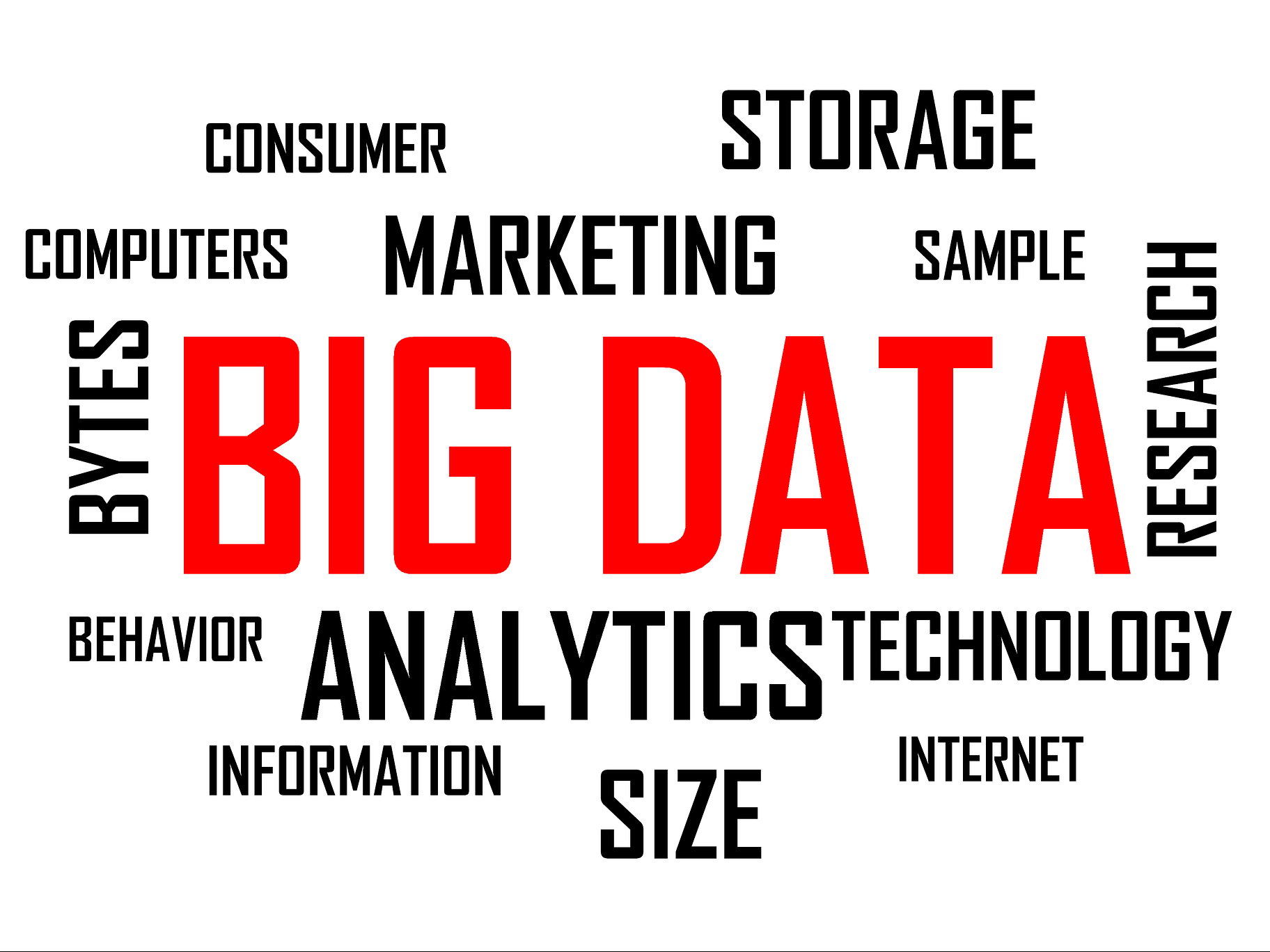
Aggregating data is becoming increasingly commonplace in the modern world to help make day to day processes more efficient.
The Curve card is a great example of this. Curve is a payment card that aggregates multiple payment cards in one place through its accompanying mobile app thus allowing the user to make bank transactions through one card. It’s convenient and easy to use for the customer. At the same time it is also giving Curve a huge advantage in being able to analyse consumer’s shopping habits.
But aggregating big data in such a way to benefit your own organisation or customer’s needs can be tricky. Reliance on the big data ‘giants’ such as Facebook and Google is losing popularity. As a result more and more businesses have started looking at alternative ways to aggregate their own data and analyse it themselves.
What are the advantages of aggregating your data?
Machine learning or predictive modelling is easier when there is a rich data set.
By aggregating your data, it is easier to identify patterns and trends in your data that would not be immediately visible.
Quick access to data is helpful for making better decisions and improving product services and communications.
Aggregated data can help comply with regulatory requirements. For example, under GDPR, the ability to be able to access multiple sources of data regarding a particular data subject is essential .
What are the disadvantages of aggregating data?
It is cumbersome to find and analyse data if it is not collected and organised in a meaningful way.
Low quality data that is aggregated can lead to a high chance of identifying false positives and negatives.
Customers may be wary about the use of their personal data if they feel that it is being used inappropriately.
How to choose an effective data aggregation solution
There are lots of data aggregation and management solutions on the market. But choosing the right data solution will depend on what your business does and what you are looking to achieve.
For example a call centre may be interested in analysing the content of customer complaints. Alternatively, a retail business may wish to understand which techniques are best at closing sales.
How Threads can help you aggregate your digital data
Threads is a cloud-based solution that can help you aggregate your digital communications.
It aggregates emails and phone calls in one place and enables the user to see all of their data in one single location. It is easier to search and requires only one password.
With Threads, you are able to quickly identify issues with customers and trends and act on those in real time. Learn more about how we turned our email archives into actionable insights in our blog.
Threads also uses speech recognition software to transcribe phone calls into searchable text. Each call is indexed and documented like an email. Applying keyword or sentiment analysis enables businesses to gain a deeper understanding of their customers needs.
If you want to see how aggregating your data can help your business, try Threads free today.
